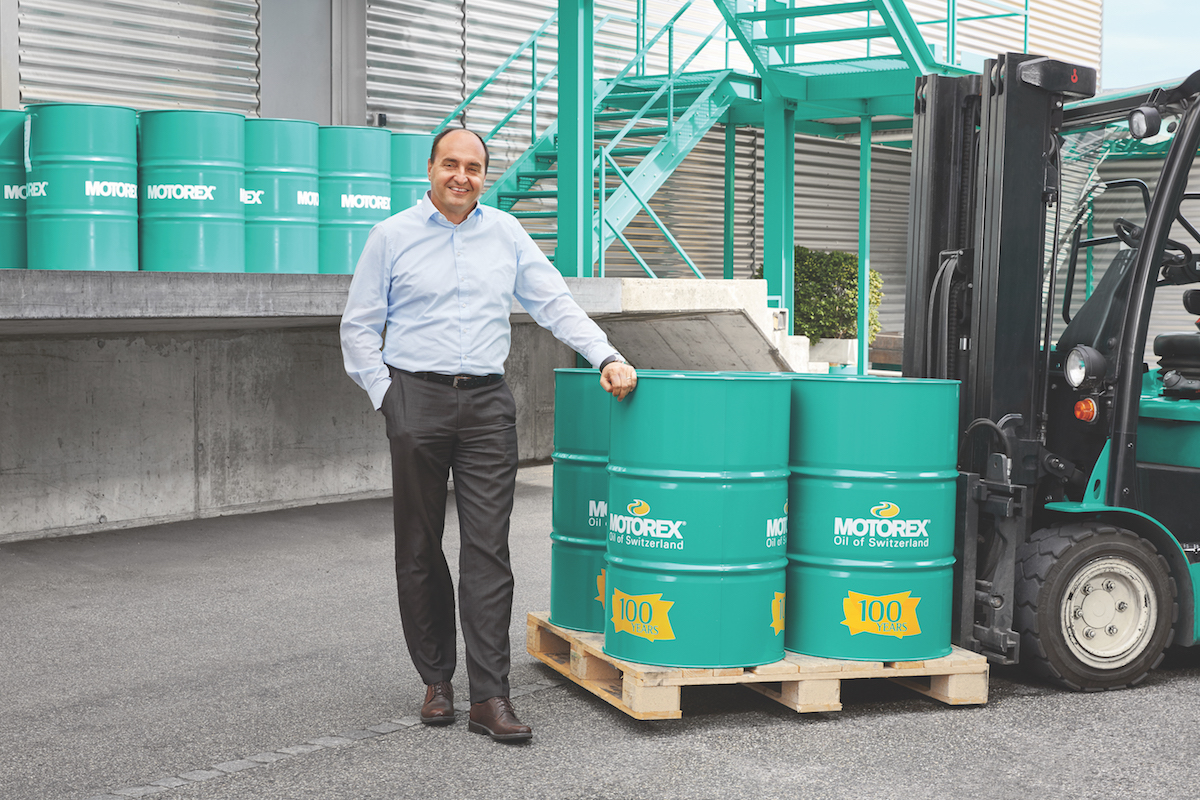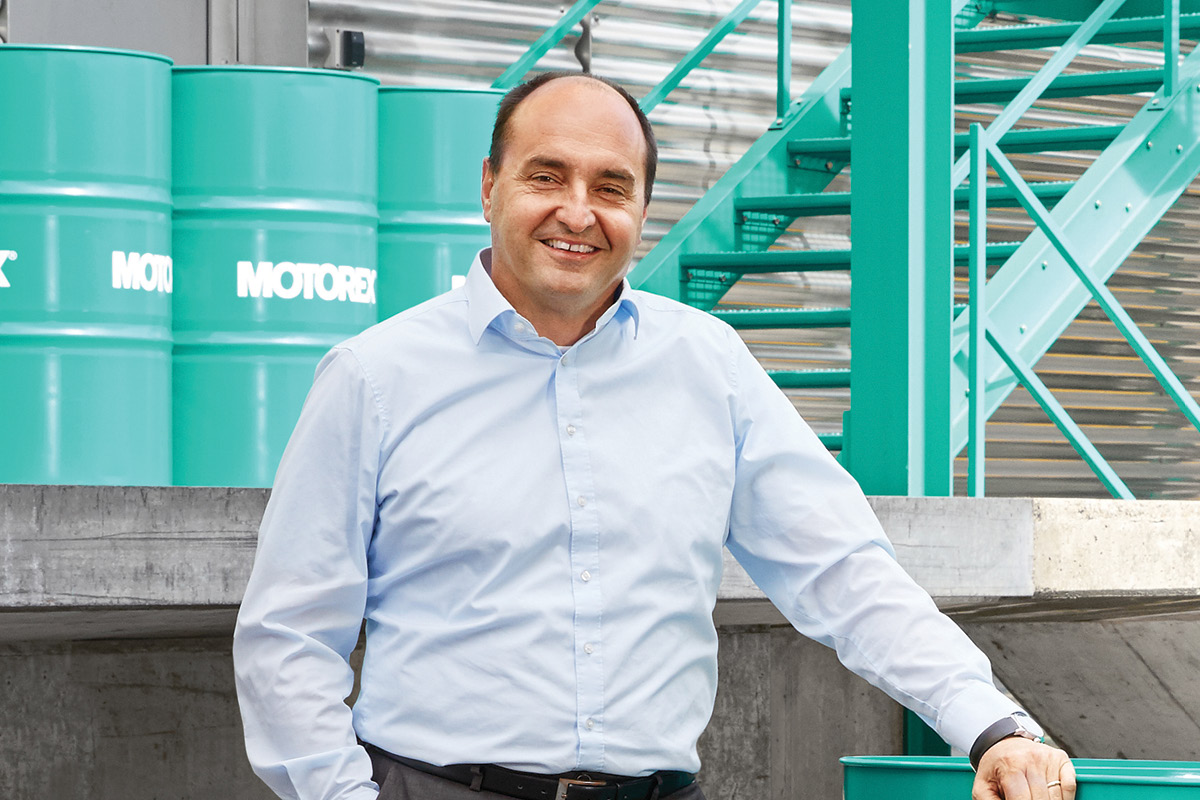Founded in 1917 as a small manufacturer of leather and floor-care products, before growing to become the largest Swiss oil-blending manufacturer with a sales network across 82 countries, MOTOREX has undergone tremendous evolution this past century.
Now approaching its centenary, the company is celebrating a boosted market clout by opening its third European factory in Poland, with other sites already established in France and Switzerland. A family-run business from its inception until 2003, MOTOREX has achieved global acclaim. Edi Fischer, the former Unilever Bestfoods director, took over the reins almost 15 years ago.
Edi tells The CEO Magazine how he earned the trust of the family, managed to drive globalisation of the brand, deals with the challenges of an increasingly complex market, and also what opportunities he sees for the future of MOTOREX.
The CEO Magazine: When you joined MOTOREX in 2003, what were the opportunities?
Edi: At the time, MOTOREX was a very strong brand in the small market of Switzerland, with a little bit of international exposure within the motorcycle business. When I came on board, the management and I definitely saw opportunities to grow, not only within the home market but also internationally; that was my main target.
The pioneering part of our business was always the motorcycle division, because as a B2C business it has always been very market-oriented. My experience with Unilever and a good team of motorcycle professionals helped me a lot in growing that division into new markets.
It was indeed possible to deliver better products and stand out among our competitors
We managed to position MOTOREX as a trusted, quality brand as it was indeed possible to deliver better products and stand out among our competitors. A lot of the larger global players have lost interest in the motorcycle market. The metalworking division is benefiting from the brand awareness that the power sport activities create, and therefore is our second business unit with worldwide activity.
Did you face any challenges coming in as the first non-family member to run the business?
For sure. If you go from a large international company like Unilever to a small family-owned group with around 160–170 people, it’s a major change in the way you work.
MOTOREX had always had family members strongly involved in the daily business, but when I joined the company there was a very clear plan with a defined period where family members would still be in the company to perform the handover, and then they would step back and let me take the reins.

It was crucial that the chemistry between the family and myself was strong so there could be a common trust and very open communication. Even when those family members weren’t part of the business so much anymore, I still shared more with them than was necessary so they’d continue to feel that trust during the transition period, so they could believe everything was going to be okay.
Over the past 15 years, how has the industry evolved, and how has MOTOREX worked to keep pace with these changes?
The lubricant and oils industry has grown in complexity and range. In the past, there was a relatively narrow range of products that could serve almost all your needs.
When you think of all the new motorcycles, cars, any vehicle that has a combustion engine, the complexity has dramatically increased due to new motor systems, new exhaust regulations, new CO₂ rules. When I started here 15 years ago, we could have covered every need in the passenger car business with just 6 motor oils. Today you need 26.
To fight the complexity, we have become more of a customised sales organisation, with divisions and products focused on one specific customer segment like motorcycle, metalworking, or forestry, and so on. You need focused teams and sales reps that really understand the customers.
Another big challenge we face is electro-mobility, because an e-car doesn’t need a lot of motor oil. Those advancements are a strategic influence for big guys like Shell or Castrol. There will be opportunities where we still can grow and improve to cover those types of developments as well, so we are increasing our investment and commitment to R&D.
What do you enjoy most about the industry?
The fantastic part of our business is we’re all enthusiastic about the areas we serve. We get exposed to so many different activities, all of which involve workers who have put their hearts into the business. I get to meet so many passionate people, but the fact that we are facilitating the processes of our customers, that’s the really cool part.



